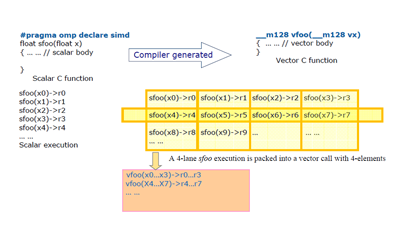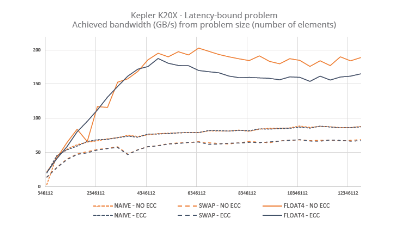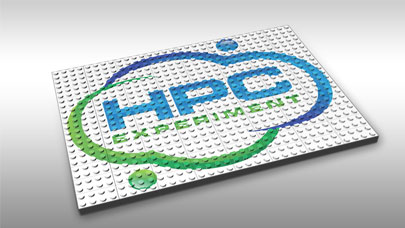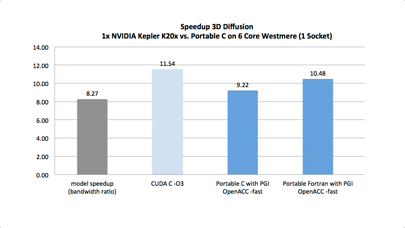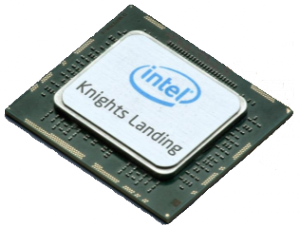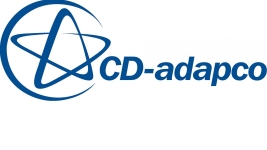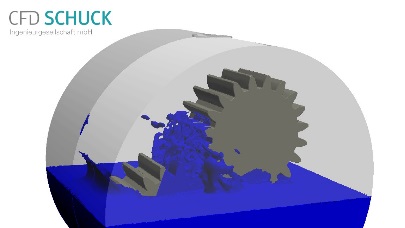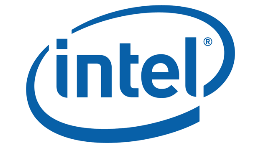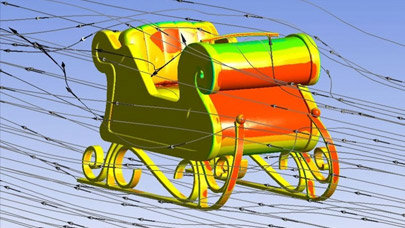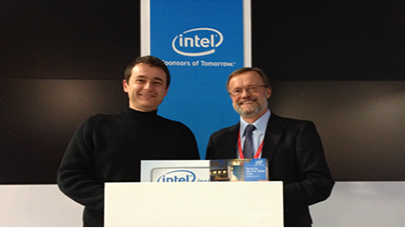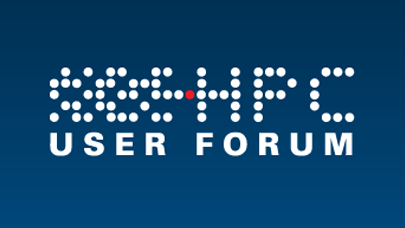Organization Extends Developer Momentum Approaching SC 15 While Planning More Hackathons In 2016
The OpenACC standards group today announced the addition of two new members, recent success stories from OpenACC applications and the schedule for Hackathons and Training Workshops in the first quarter of 2016. OpenACC provides an efficient and performance-portable path for developing massively parallel programs across a wide range of accelerators, including GPUs, many-core coprocessors and multi-core CPUs.
New OpenACC Members
King Abdullah University of Science and Technology (KAUST), and the University of Delaware have joined the organization, aligning with 19 other members and supporters worldwide to drive the development of applications for accelerator-enabled supercomputers, clusters and other high performance computing (HPC) systems. New members bring valuable experience in developing parallel HPC applications, and gain a voice in the future direction of the OpenACC specification.
Over 1,800 registrations for the online course and 2000 downloads of the OpenACC Toolkit have taken place, with heavy academic interest.
“The free OpenACC Toolkit for academics and the emerging online courseware adds tremendous value to educators and HPC developers. Students are able to quickly grasp the directive-based programming model, domain scientists are encouraged to use these tools to cope with the challenges of rapid hardware and software evolution,” said Sunita Chandrasekaran, Ph.D., Assistant Professor at the University of Delaware, and long-time workshop organizer and OpenACC research member.
Users Reporting Success with OpenACC
Several notable announcements recently point to growing adoption of OpenACC in HPC. During the 2015 Hackathons conducted worldwide, domain experts from a variety of scientific disciplines have been speeding up their research through the use of accelerators and OpenACC applications in diverse fields as MRI image reconstruction (PowerGrid), Computational Fluid Dynamics (INCOM3D, HiPSTAR and Numeca), Cosmology and Astrophysics (CASTRO and MAESTRO), quantum chemistry (LS-DALTON), computational physics (Nek-CEM) and many more.
MeteoSwiss, the Swiss Federal Office of Meteorology and Climatology announced the
deployment of COSMO, the world’s first production weather forecasting application to be deployed on GPUs was ported using OpenACC. Overall speedup was greater than 2X. More information can be found on the OpenACC.org website, and at the OpenACC booth #3003.
More Hackathons Planned in 2016
The Oak Ridge Leadership Computing Facility plans to support more Hackathons in 2016, after sponsoring events that were oversubscribed at ORNL, NCSA and CSCS in 2015. Current or prospective users of large heterogeneous CPU-GPU systems send teams of three to six developers with applications to be ported and optimized across heterogeneous architectures. Experienced mentors work with each team during the five-day workshop and receive guidance on achieving performance improvements for their applications.
The first Hackathon in 2016 will be held at TU Dresden with Forschungzentrum Jülich on February 29 – March 4, 2016 in Dresden, Germany. The call for submissions will be announced at the upcoming OpenACC BOF, scheduled Wed Nov 18th, 530-730pm.
Hackathons Focus Specification Effort
“Hackathons provided invaluable feedback to OpenACC implementers. This is driving the roadmap for OpenACC 3.0 and beyond,” said Michael Wolfe, OpenACC Technical Committee Chair. “The big items to address next are managing data movement in large nested data structures, and supporting current and future exposed memory hierarchies in a portable fashion to developers.”
Source: OpenACC Standards Group
© HPC Today 2024 - All rights reserved.
Thank you for reading HPC Today.

